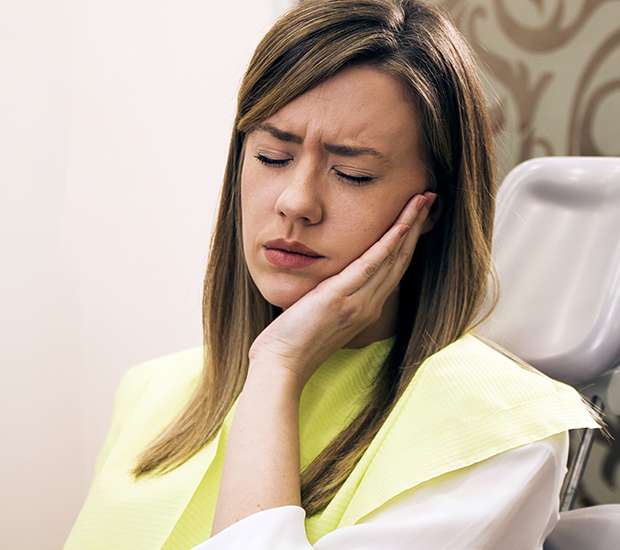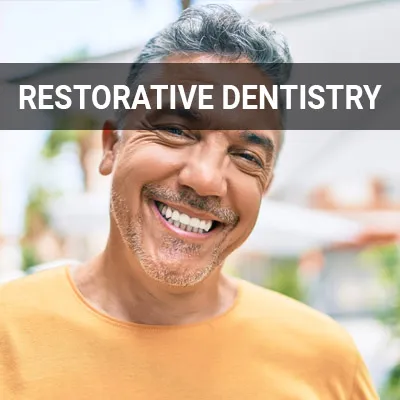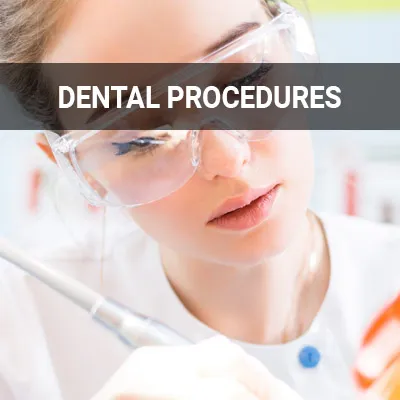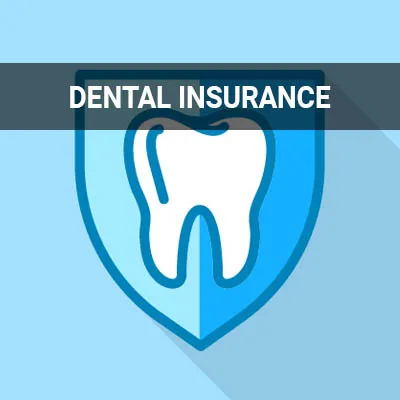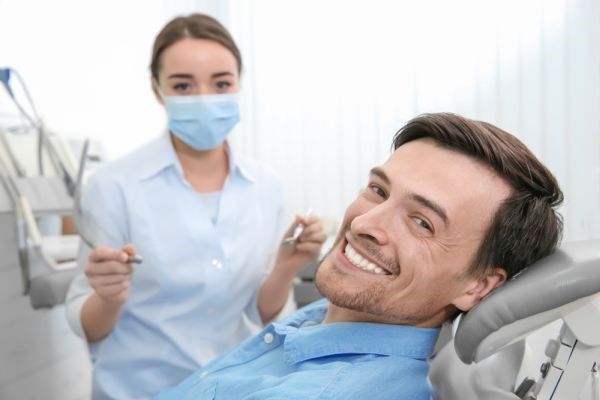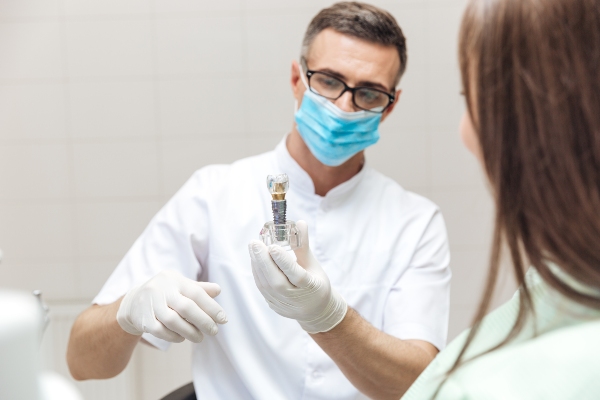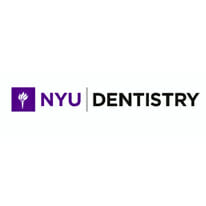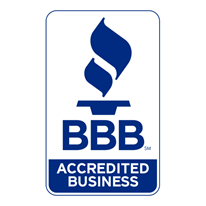TMJ Dentist New York, NY
Temporomandibular joints, or TMJ, are responsible for opening and closing the mouth. TMJ dentist treatment can help patients find relief for jaw discomfort, soreness, and pain. The term refers to the jaw as well as nerves, muscles, and ligaments connected to it.
TMJ dentist treatment is available at Dental Implant Center NYC in New York and the surrounding area. Our team of dental professionals performs a careful evaluation to understand what may be contributing to the patient's TMJ pain. To schedule a personal evaluation and get started with TMJ treatment, call (212) 500-0365 right away.
Why Temporomandibular Joints Are So Important
The mouth has one temporomandibular joint on each side. These joints connect the jaw to the rest of the face. Besides moving up and down, they also provide motion from side to side. This flexibility is what allows people to talk, laugh, and eat. These activities are vital parts of life.
On the inside, these joints are covered with cartilage for protection. A special disk rests in between the ball and socket to provide extra cushioning. Muscles and tendons connected to the jaw hold it in place and also assist with motion.
“Besides moving up and down, they also provide motion from side to side.”
Temporomandibular Disorders (TMD)
Damage to the individual components of TMJ can lead to several serious problems. These include:
- Intense headaches
- Ear pain
- Chronic TMJ pain
- Tense facial muscles
- Inability to open or close the mouth
These conditions are known as temporomandibular disorders or TMD. Many people call them TMJ, though. A TMJ dentist understands how to alleviate joint pain symptoms using a combination of physical therapy, anti-inflammatory medications, and advanced treatment options.
“These conditions are known as temporomandibular disorders or TMD.”
Causes of TMD
Medical professionals are not entirely sure what causes TMD. According to the Mayo Clinic, pain may be due to a combination of physical and genetic factors. Certain conditions can increase your risk of developing TMJ problems or contribute to pain:
- Arthritis: Rheumatoid arthritis and osteoarthritis can damage cartilage and expose sensitive nerves in the jaw, leading to chronic pain and inflammation of surrounding tissues.
- Jaw injury: A sudden blow or fracture can hurt the TMJ and related bones, cartilage, or disks. Misaligned or damaged parts of this sensitive area can provoke severe pain almost immediately.
- Dislocation: A dislocated jaw can have long-term effects on the tendons, cartilage, and muscles in the affected area.
- Tooth alignment issues: Some people are born with severely misaligned teeth, which can add to the discomfort that joints deal with and cause improper wear.
- Chronic grinding or clenching of teeth: Constantly clenching teeth or grinding them increases the risk of developing TMD and makes it harder to treat inflammation.
- Stress: People under a lot of stress may develop TMJ pain and inflammation if they start to grind or clench the teeth.
“According to the Mayo Clinic, pain may be due to a combination of physical and genetic factors.”
Check out what others are saying about our dental services on Yelp: TMJ Dentist in New York, NY
How a TMJ Dentist Can Help
There are many treatments to help with TMJ pain. Some reduce inflammation of sore tissues and strengthen the patient's jaw muscles. Other therapies promote relaxation and help to ease tense muscles and tendons.
Another way TMJ dentists provide relief is by correcting poor dental alignment. When teeth fit together correctly, TMJ muscles can work smoothly. This can also help to prevent clenching and grinding. Using special orthodontic appliances or mouth guards, it is often possible to reduce the effects of grinding the teeth at night.
“When teeth fit together properly, TMJ muscles can work smoothly.”
Questions Answered on This Page
Q. What do the temporomandibular joints do?
Q. What is a temporomandibular disorder or TMD?
Q. How can a dentist help with TMJ?
People Also Ask
Q. How often should someone have a dental checkup?
Q. Beyond regular checkups, what additional procedures might a dentist recommend?
Q. How do lifestyle choices affect dental health?
Frequently Asked Questions
Q. What are the benefits of TMD treatment?
A. Besides offering noninvasive treatment options designed to alleviate symptoms, we also provide physical therapy and advanced techniques to increase patient comfort. The purpose of these treatments is to help patients enjoy a better quality of life:
- Pain relief
- More comfort throughout the day
- Improved concentration
- Increased happiness
- Freedom to eat favorite foods
Q. Do disorders treated by a TMJ dentist require surgery?
A. Every patient is unique, and an in-depth analysis is required to determine the best treatment options available. In most cases, patients do not need corrective surgery to provide relief from symptoms. Noninvasive treatment options include prescription medication, physical therapy, mouth guards, orthodontics, and specialized injections. There is also a minimally invasive technique that involves using fluid to irrigate stuck joints and eliminate debris.
Q. How can TMJ dentist patients avoid grinding teeth?
A. According to Sleep.org, grinding usually occurs while people are sleeping. It can also happen subconsciously during the day, either due to stress or discomfort from misaligned teeth. One way to avoid this problem is to treat the underlying condition by learning techniques to relax and minimize stress. A mouthguard can also be useful for protecting the teeth from grinding while patients sleep.
Q. How long does TMJ dentist treatment take?
A. The time required to experience relief from TMJ pain varies depending on patients' lifestyle, what type of symptoms they experience, and what is causing the problem. For example, chronic TMJ pain caused by arthritis may require ongoing sessions for therapy and debris removal. In the case of muscle spasms, treatment may only last a few days or weeks.
Q. What symptoms indicated patients should visit a TMJ dentist?
A. The main indication that it is time to contact a TMJ dentist is having sharp or persistent pain in the jaw muscles. Some people also hear a distinctive click when opening or closing the mouth. Waking up with a stiff or stuck jaw is another sign that patients may have TMD. According to WebMD.com, people with a TMJ disorder may also notice ringing in the ears, toothaches, headaches, dizziness, neck aches, and hearing issues.
Dental Terminology
Call Us Today
Are you having trouble opening and closing your mouth or experiencing headaches? If you think you may have a TMJ disorder, call us at 212-500-0365 to schedule an evaluation right away.
Helpful Related Links
- American Dental Association (ADA). Glossary of Dental Clinical Terms. 2024
- American Academy of Cosmetic Dentistry® (AACD). Home Page. 2024
- WebMD. WebMD’s Oral Care Guide. 2024
About our business, license, and website security
- Dental Implant Center NYC was established in 2001.
- We accept the following payment methods: American Express, Cash, Check, Discover, MasterCard, and Visa
- We serve patients from the following counties: New York County, Westchester County, Kings County, Bronx County, Richmond County, Queens County, Suffolk County and Nassau County
- We serve patients from the following cities: New York, Manhattan, Brooklyn, Bronx, Queens, Staten Island, Long Island, West New York and Westchester
- NY (License #38225). View License Information and Specifics
- National Provider Identifier Database (1275624553). View NPI Registry Information
- Healthgrades. View Background Information and Reviews
- Norton Safe Web. View Details
- Trend Micro Site Safety Center. View Details
Back to top of TMJ Dentist
